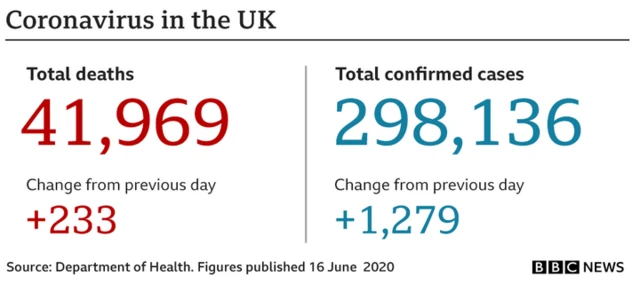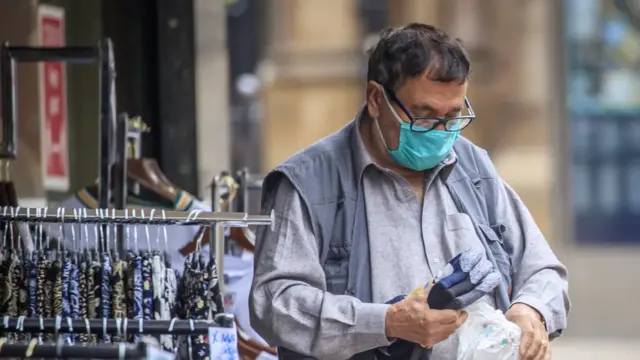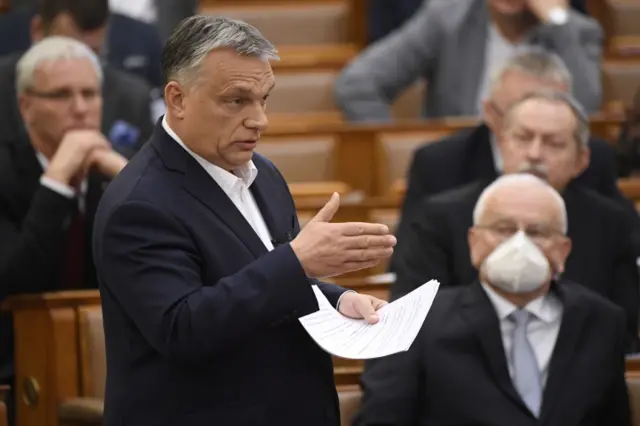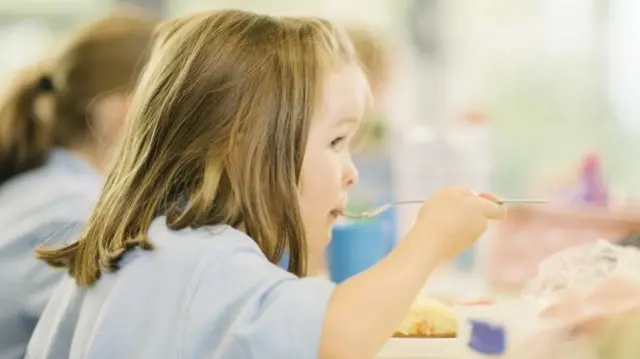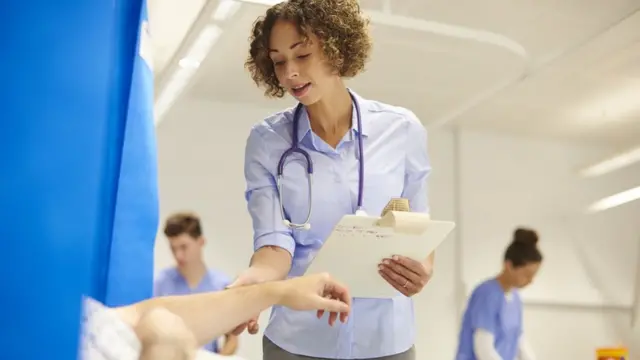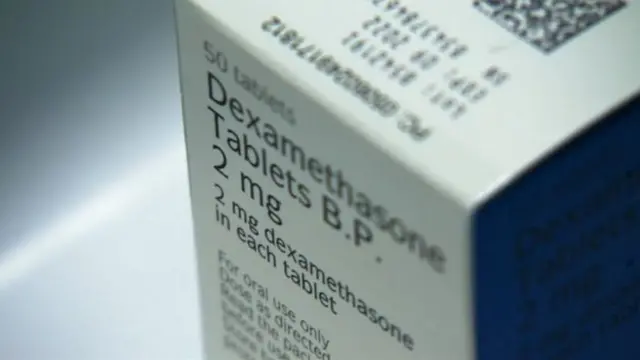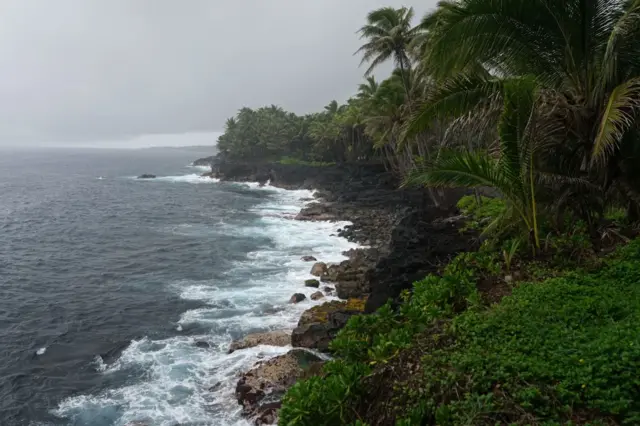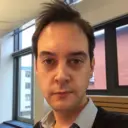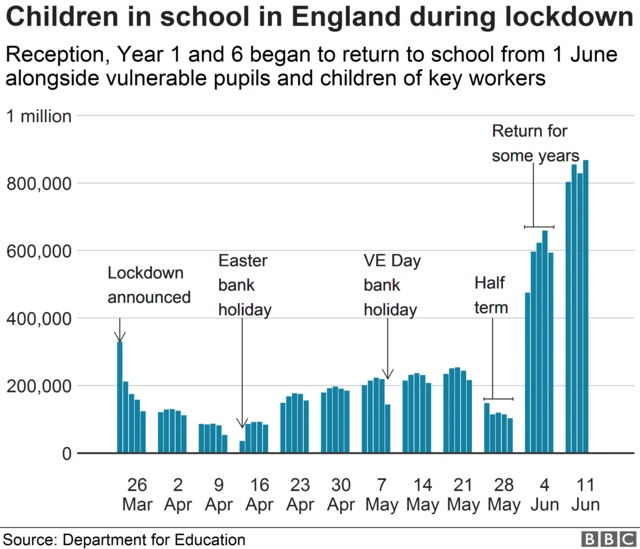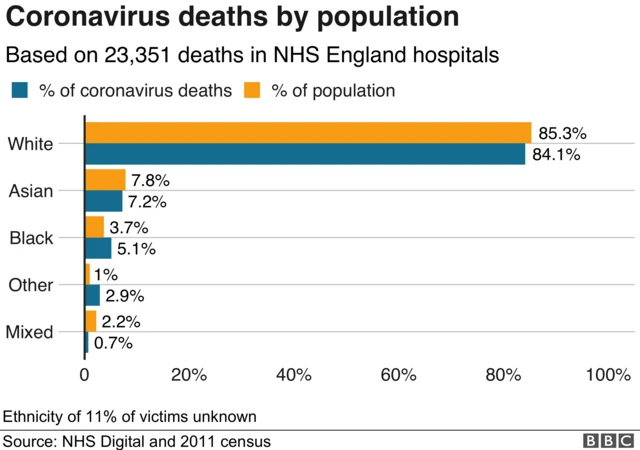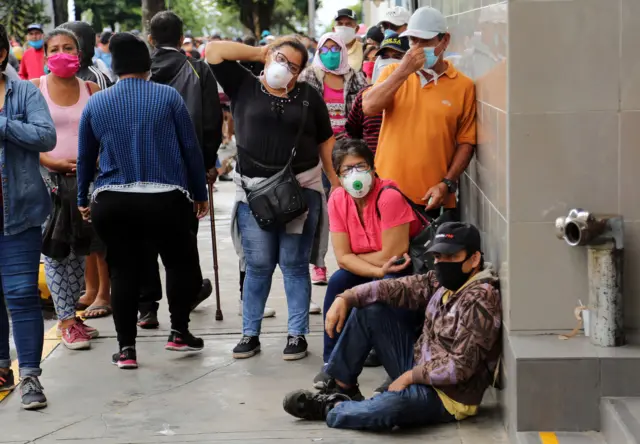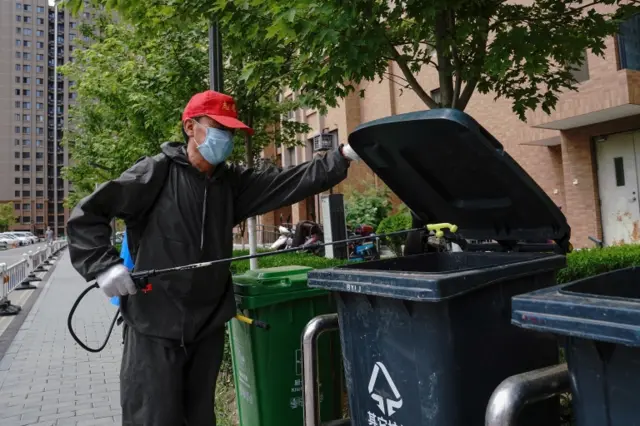PM to lead UK briefing at 17:00 BSTpublished at 16:07 BST 16 June 2020
The daily government press conference is due to start in about an hour.
It'll be led by Prime Minister Boris Johnson. He'll be joined by Sir Patrick Vallance, the government's chief scientific adviser, and Peter Horby, professor of emerging infectious diseases and global health at the University of Oxford.
We expect them to talk about today's announcement of successful trials of a drug to treat coronavirus.
Stay with us for all the updates.
